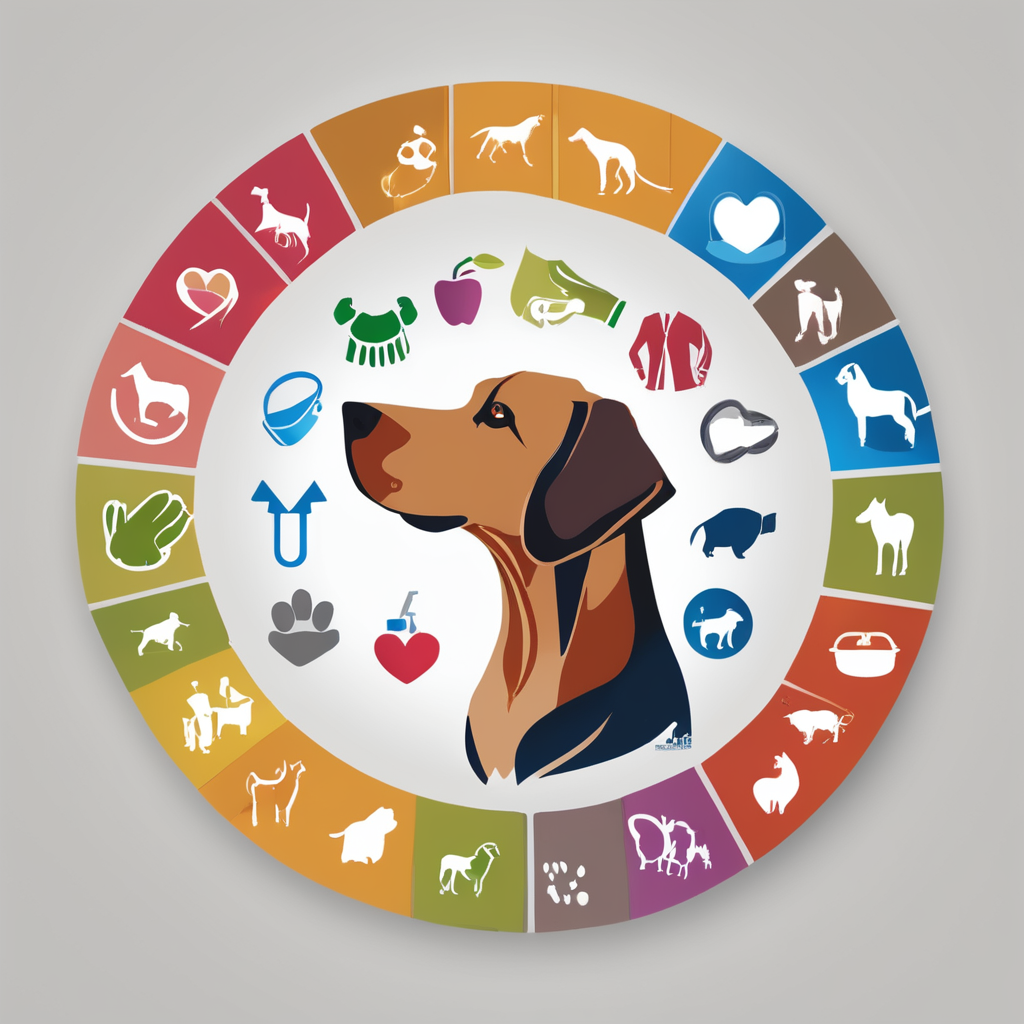Understanding Cognitive Decline in Dalmatians
Cognitive decline in dogs is a natural but concerning process, particularly as Dalmatians age. Many pets exhibit behavioral changes that reflect their cognitive dysfunction, making awareness crucial for owners. Some common signs include disorientation, decreased response to commands, and alterations in social behaviours. These changes stem from dog dementia, a condition similar to Alzheimer’s in humans.
For aging Dalmatians, cognitive decline involves specific symptoms that can be subtle yet impactful. Owners might notice their pets becoming forgetful, experiencing anxiety in familiar settings, or changes in sleep patterns. Such symptoms not only affect the aging Dalmatians but also their overall health, leading to decreased quality of life if left unmanaged.
Sujet a lire : Discover Compassionate and Effective Cat Care: Alternatives to Declawing Your Maine Coon
Implications of cognitive decline are profound, as it affects the dog’s daily interactions and health. It’s pivotal to monitor these changes closely. Regular veterinary check-ups can help in early detection and management of these symptoms, potentially slowing the progression of the condition and enhancing the pet’s life quality. Understanding and addressing these changes is vital in supporting the well-being of aging Dalmatians.
Recognizing the Signs of Cognitive Decline
Cognitive decline in dogs often begins subtly, presenting as signs of dog dementia. Identifying these symptoms early can significantly impact their management.
A voir aussi : Designing a Secure and Enriching Indoor Cat Garden: A Creative Handbook for Your Feline’s Well-Being
Common Behavioral Changes
Aging Dalmatians may exhibit signs such as disorientation and confusion, often pacing when lost or struggling to navigate known spaces. These are early indicators of cognitive dysfunction. As the condition progresses, alterations in sleep patterns, like restlessness at night, become noticeable.
Physical Signs
Alongside behavioral symptoms, physical changes are prevalent. You might observe reduced interest in physical activities or increased anxiety. These often accompany cognitive decline, highlighting the importance of vigilance.
Changes in Interaction with Owners
Dalmatians with cognitive dysfunction often decrease social engagement. They may become less responsive to affectionate gestures or commands, appearing distant. Their interactions can become unpredictable, causing concern for attentive owners.
Monitoring these behavioral changes in aging dogs is crucial. Recognising and appreciating these signs early provides opportunities for interventions that may delay progression and enhance the quality of life for affected pets. Understanding your dog’s behaviors and modifying their routine can make a significant difference in their well-being and interaction with the world.
Potential Causes of Cognitive Decline
Understanding the causes of cognitive decline in Dalmatians helps in managing the condition effectively. Aging naturally impacts brain function, leading to changes in cognitive abilities. As Dalmatians grow older, their brains undergo structural and chemical changes, analogous to those in elderly humans. These transformations can result in cognitive dysfunction symptoms such as memory loss and confusion.
Health conditions also influence cognitive decline. Chronic illnesses, like diabetes or hypertension, can exacerbate cognitive deterioration. These conditions affect the brain’s nutrient supply, impairing its function. Additionally, poor oral health has been linked to brain inflammation, further contributing to cognitive issues.
Genetics play a significant role in cognitive decline in aging Dalmatians. Certain genetic predispositions can increase the likelihood of developing dog dementia. Breeds with a history of cognitive disorders might present symptoms earlier or more severely.
Awareness of these causes, combined with regular veterinary checks, can aid in devising preventive measures. By understanding these factors, owners can make informed decisions to support their pet’s cognitive health and enhance their quality of life.
Assessments and Tests for Cognitive Decline
Understanding your Dalmatian’s cognitive health through proper veterinary assessments can make a significant difference in managing their condition. Regular check-ups are crucial for early detection of cognitive decline symptoms. Veterinarians employ various methods to evaluate cognition in dogs, using a combination of common tests.
Importance of Veterinary Assessments
These assessments are key in identifying early signs of dog dementia. By examining behavioral changes and physical health, veterinarians can tailor interventions to each dog’s needs. Early diagnosis allows for a better prognosis and more effective management of symptoms.
Common Tests and Procedures
During assessments, vets often conduct cognitive testing for dogs. These might include observing the dog’s response to commands, interaction with their environment, and performing routine tasks. Through such evaluations, veterinarians can gauge the extent of cognitive dysfunction.
Self-Assessment Tools for Owners
Owners can also monitor their dog’s cognitive health using self-assessment tools. These questionnaires help identify behavioral changes in aging dogs, allowing owners to track any gradual decline. Such tools complement professional veterinary evaluations and empower owners by enhancing their understanding of their pet’s cognitive well-being.
Seeking Veterinary Support and Resources
Navigating cognitive decline in dogs, particularly in Dalmatians, requires informed decisions and professional guidance. Recognising when to consult a veterinarian is crucial. If you observe significant changes in your Dalmatian’s behaviour, such as confusion or altered sleep patterns, it’s essential to seek professional advice promptly. Early intervention can prevent further decline and improve quality of life.
When to Consult a Veterinarian
Clear signs like heightened anxiety, loss of interest in activities, or changes in social interaction signal the need for veterinary consultation. A veterinarian can conduct comprehensive veterinary assessments to diagnose and manage cognitive dysfunction effectively.
Resources for Dog Owners
Owners are encouraged to utilise available resources. Informational literature and credible online platforms offer valuable insights into managing cognitive decline, providing practical tips and support. These resources empower owners to make informed care decisions.
Support Groups and Communities
Joining support groups and communities enables owners to share experiences and gain advice. Engaging with others facing similar challenges offers emotional support and practical solutions, enhancing both pet and owner well-being during this challenging time. Engaging with such networks can alleviate feelings of isolation and stress.
Care Strategies for Dalmatians with Cognitive Decline
Facilitating the management of dog dementia involves thoughtful care strategies tailored to your Dalmatian’s needs. Implementing lifestyle adjustments can significantly enhance their quality of life.
Environmental Modifications
Creating a safe and supportive living environment is crucial. Consider establishing consistent routines to reduce anxiety in aging Dalmatians. Limiting changes and rearranging furniture can prevent confusion and disorientation.
Engaging Activities
Mental stimulation plays an integral role in managing cognitive decline. Engage your Dalmatian with interactive toys or puzzles, which can sharpen their cognitive abilities. Short, varied walks and games also help maintain engagement and physical health.
Nutritional Recommendations
Appropriate nutrition benefits cognitive health. Diets rich in omega-3 fatty acids and antioxidants can bolster brain function and mitigate cognitive decline. Consult your vet about the best dietary changes for your dog’s condition.
Diligently applying these care tips for aging dogs supports their cognitive health. Regularly reviewing these strategies can ensure your Dalmatian remains comfortable and active, fostering both mental and physical well-being through the aging process.







